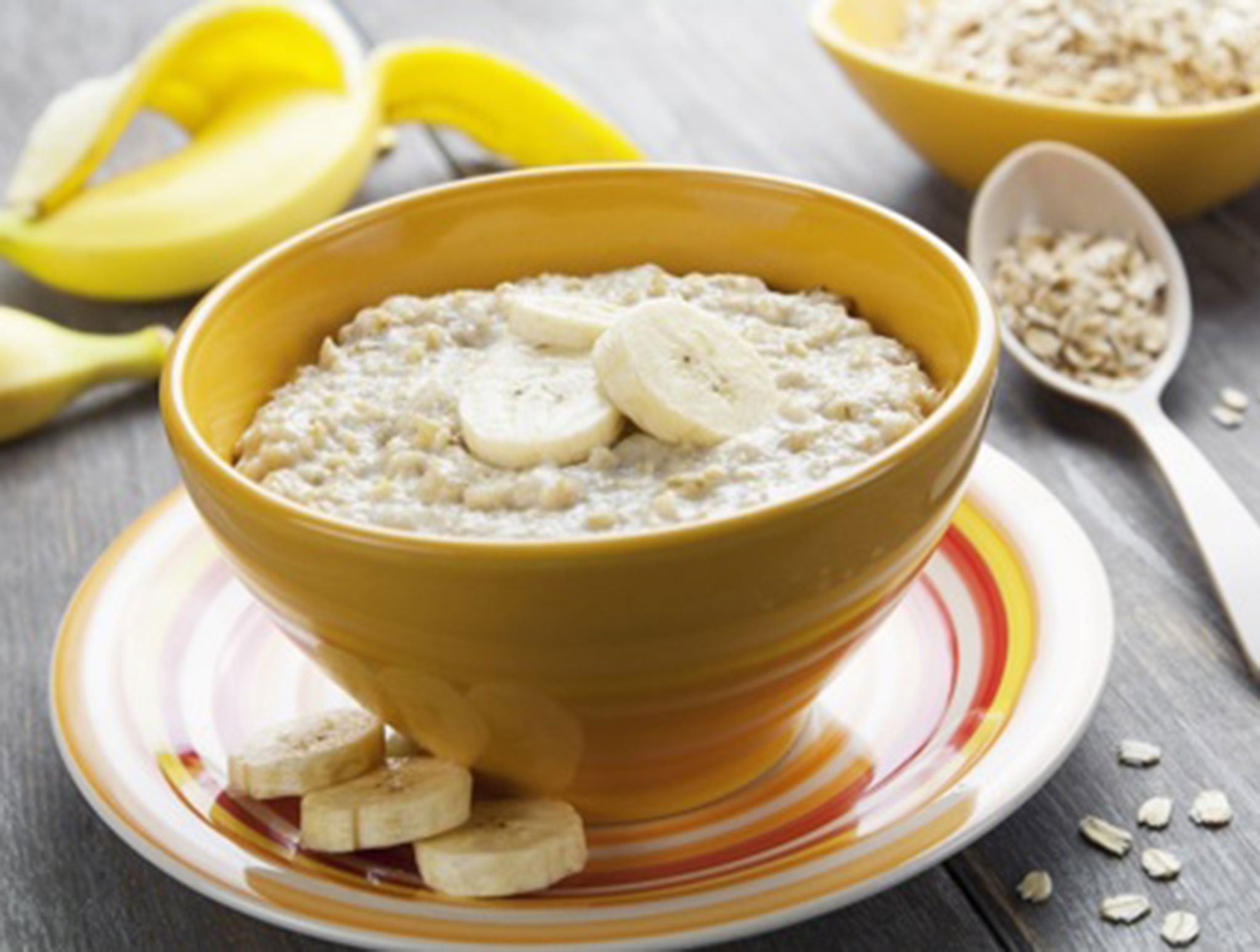Eating porridge reduces your chances of dying from cancers, finds major Harvard University study
The Harvard University study found a number of major health benefits linked to eating 70 grams of whole grain a day, equivalent to a large bowl of porridge

Your support helps us to tell the story
From reproductive rights to climate change to Big Tech, The Independent is on the ground when the story is developing. Whether it's investigating the financials of Elon Musk's pro-Trump PAC or producing our latest documentary, 'The A Word', which shines a light on the American women fighting for reproductive rights, we know how important it is to parse out the facts from the messaging.
At such a critical moment in US history, we need reporters on the ground. Your donation allows us to keep sending journalists to speak to both sides of the story.
The Independent is trusted by Americans across the entire political spectrum. And unlike many other quality news outlets, we choose not to lock Americans out of our reporting and analysis with paywalls. We believe quality journalism should be available to everyone, paid for by those who can afford it.
Your support makes all the difference.Amid the race to find a cure for cancer, a growing number of increasingly unexpected research areas are being explored by scientists. The most recent surprising claims come from a Harvard University study which found the humble breakfast porridge may have the power to protect against death from cancer.
The study is a meta-analysis of 12 studies about wholegrain and which involve a total of 786,076 participants. It found eating 70 grams of whole grain per day (the same amount as a large bowel of porridge) lowers the risk of death from all causes by 22 per cent. In particular death from cancer was found to be reduced by 20 per cent and death from cardiovascular disease by 20 per cent.
Dr Qi Sun, assistant professor in public health at Harvard University said: “Based on the solid evidence from this meta-analysis and numerous previous studies that collectively document beneficial effects of whole grains, I think healthcare providers should unanimously recommend whole grain consumption to the general population as well as to patients with certain diseases to help achieve better health and perhaps reduce death.”
Foods which are high in whole grains include bran, oatmeal and quinoa. They contain a number of nutrients including protein, fibre, iron and folic acid.
Join our commenting forum
Join thought-provoking conversations, follow other Independent readers and see their replies
Comments